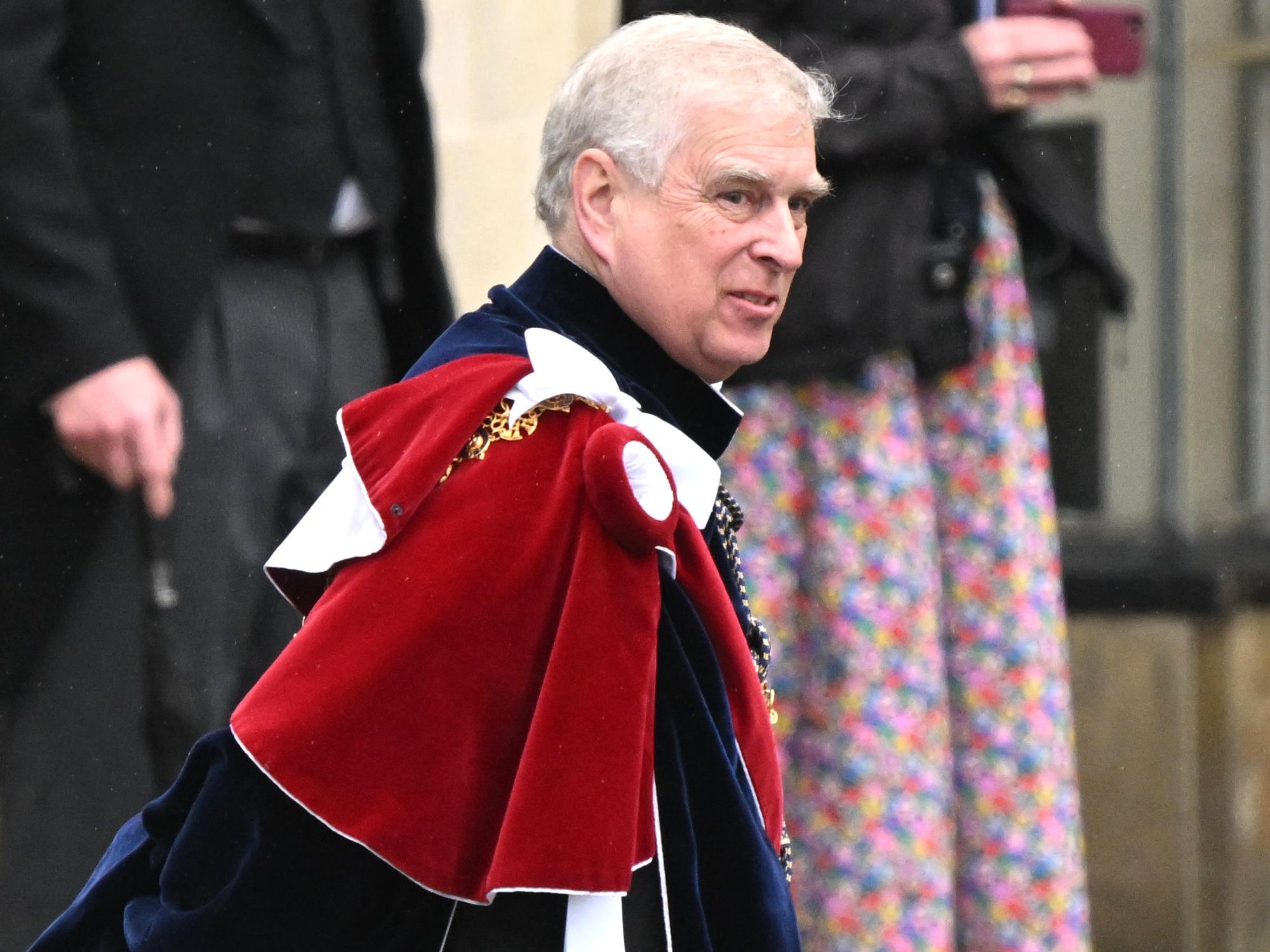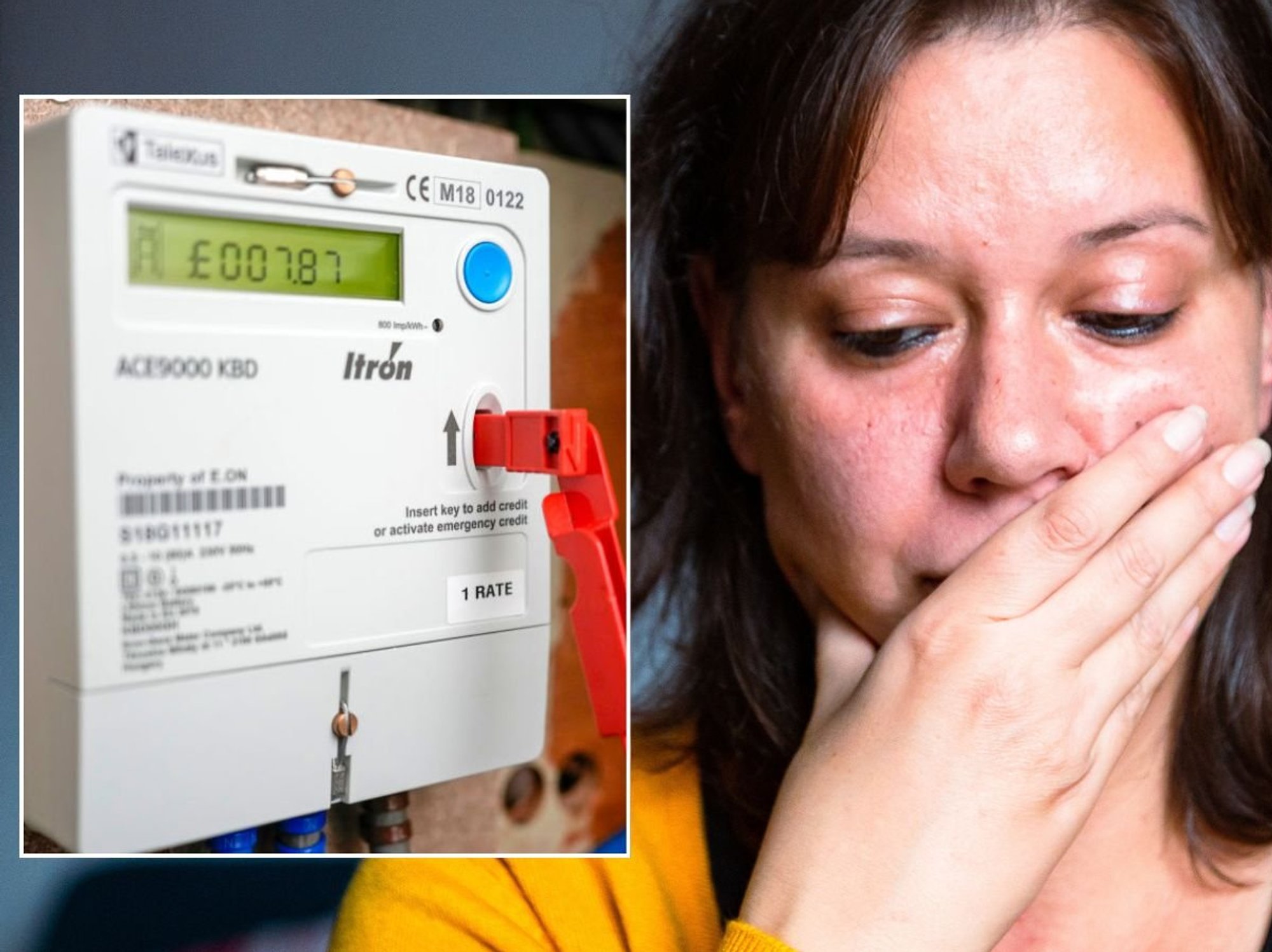State pension triple lock 'must be scrapped' as Britons face retirement at 74, warns IFS
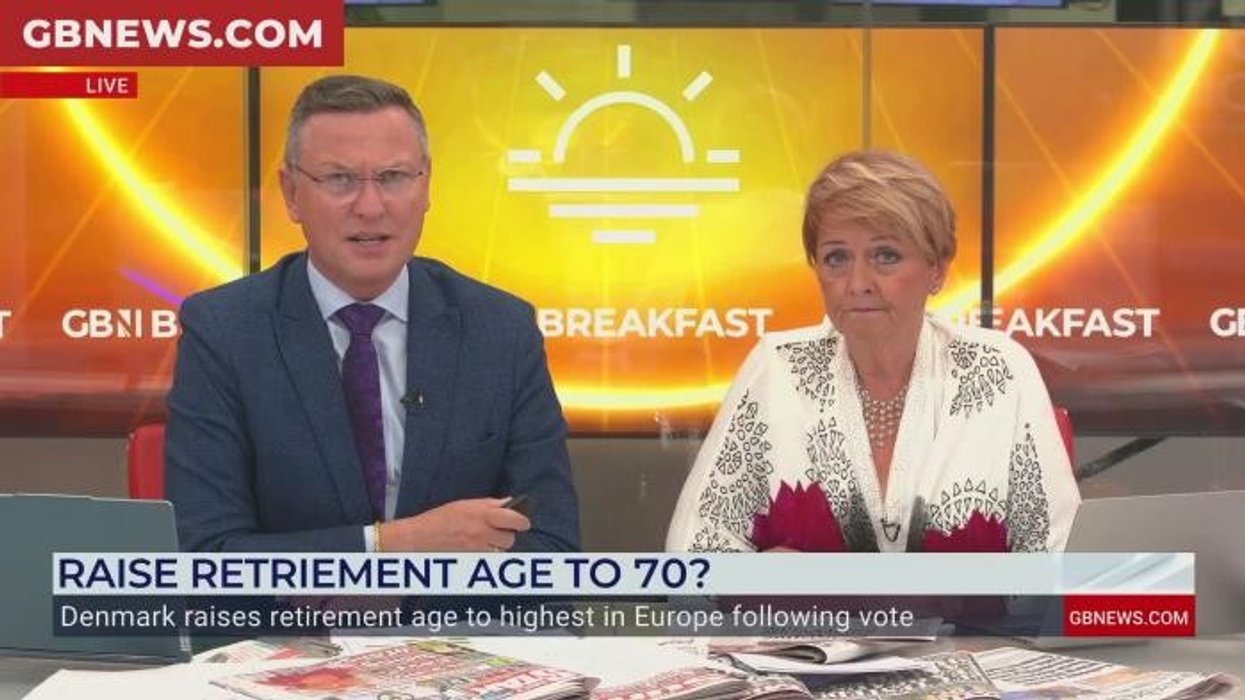
State pension age rise ‘almost inevitable’: Ann Widdecombe issues warning as Denmark raises the bar |
GBNEWS

The Government has committed to maintaining the triple lock during this parliament but faces pressure to address long-term sustainability
Don't Miss
Most Read
Latest
The future of the state pension is now in question, as experts call for major changes to how it's funded.
A new report has sparked fresh fears that the triple lock may not survive beyond the next election.
The Institute for Fiscal Studies has called for the abolition of the state pension triple lock after the current parliament ends, warning that the policy could cost taxpayers up to £40 billion annually by 2050.
The influential think tank released a comprehensive report on Wednesday following a two-and-a-half-year study conducted with Abrdn Financial Fairness Trust, proposing sweeping reforms to Britain's retirement system.
Under the triple lock, introduced by the 2010 coalition Government, the state pension increases yearly by whichever is highest: consumer price inflation, average earnings growth, or 2.5 per cent.
"The triple lock increases the value of the state pension in an unpredictable way," the IFS warned, highlighting the mounting strain on public finances from an ageing population.
The think tank proposes replacing the triple lock with a "smoothed earnings link" system once a target level for the state pension is reached as a percentage of average earnings.

Pension crisis looms
| GETTYCurrently worth approximately 30 per cent of median full-time earnings, the state pension would continue using the triple lock until reaching the Government's chosen target level.
After that point, annual increases would be tied to average earnings growth, or inflation if higher, ensuring pensioners' incomes keep pace with living standards whilst making costs more predictable.
The IFS emphasised that the Government could set this target during the current parliament, guaranteeing the state pension always rises at least in line with inflation while working towards a more sustainable long-term framework.
The research revealed that 39 per cent of private sector workers face a financial cliff-edge when they retire under current arrangements, with half of middle and high-earning employees failing to reach their target replacement rate for maintaining living standards.
Without changes to the retirement age, which is currently set at 66 for both men and women, the IFS warned that the triple lock will cost taxpayers up to £40bn a year and disproportionately hit poorer households by forcing them to work for longer.
In its latest report, the IFS said: "Increases in the state pension age required to keep spending on the state pension below a certain level of national income would have to be substantial.
"[Official] modelling shows that to keep public spending on the state pension below six per cent of national income while retaining the triple lock, the state pension age would have to rise to 69 by 2049 and 74 by 2069."
Some 13 per cent of workers face retirement incomes below the Pension and Lifetime Savings Association's minimum standard of £13,400 annually for individuals or £21,600 for couples.
The self-employed face particularly dire prospects, with 80 per cent not saving into private pensions and two-thirds projected to fall below the minimum standard.
"Without decisive action, too many of today's working-age population face lower living standards and greater financial insecurity through their retirement," said Paul Johnson, the IFS director who co-directed the pension review.
The IFS recommends fundamental changes to workplace pension auto-enrolment, including mandatory employer contributions of at least three per cent regardless of whether employees participate.
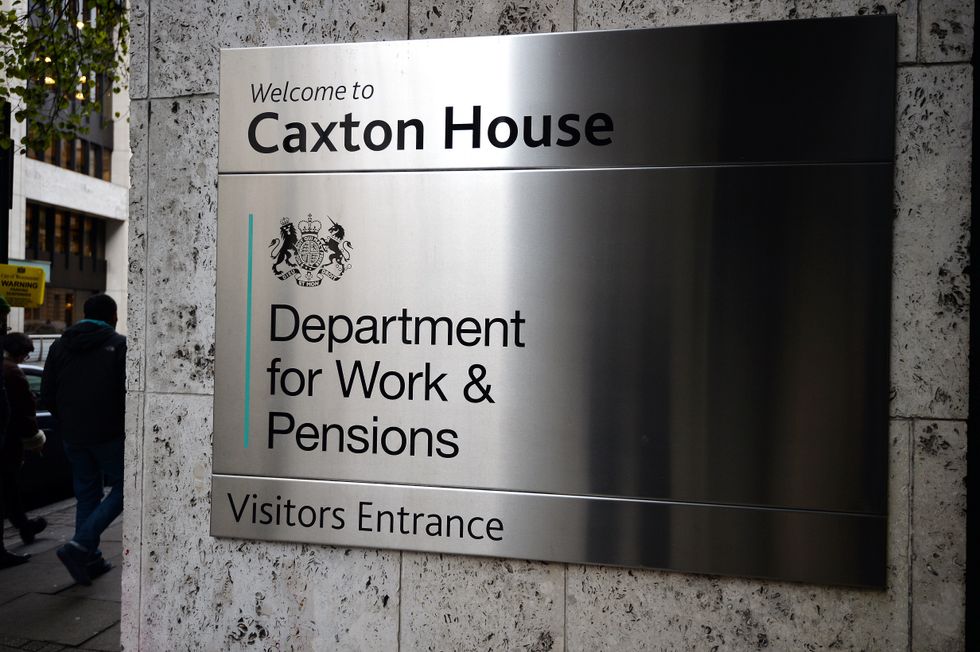 The current full new state pension stands at £11,973 annually, or £230.25 weekly, for those reaching pension age after April 2016 | GETTY
The current full new state pension stands at £11,973 annually, or £230.25 weekly, for those reaching pension age after April 2016 | GETTY"There is a strong case for employees to receive an employer pension contribution of at least 3 per cent of their pay, regardless of the employee's contribution," the think tank stated.
The proposals would extend eligibility from the current age range of 22-66 to 16-74, whilst lowering the earnings threshold from £10,000 to £4,000 annually.
For higher earners, the IFS suggests increasing minimum default contributions to three per cent of the first £9,000, plus 10 per cent of earnings between £9,000 and £90,000.
These reforms could generate an additional £11 billion per year in private pension savings, according to IFS calculations.
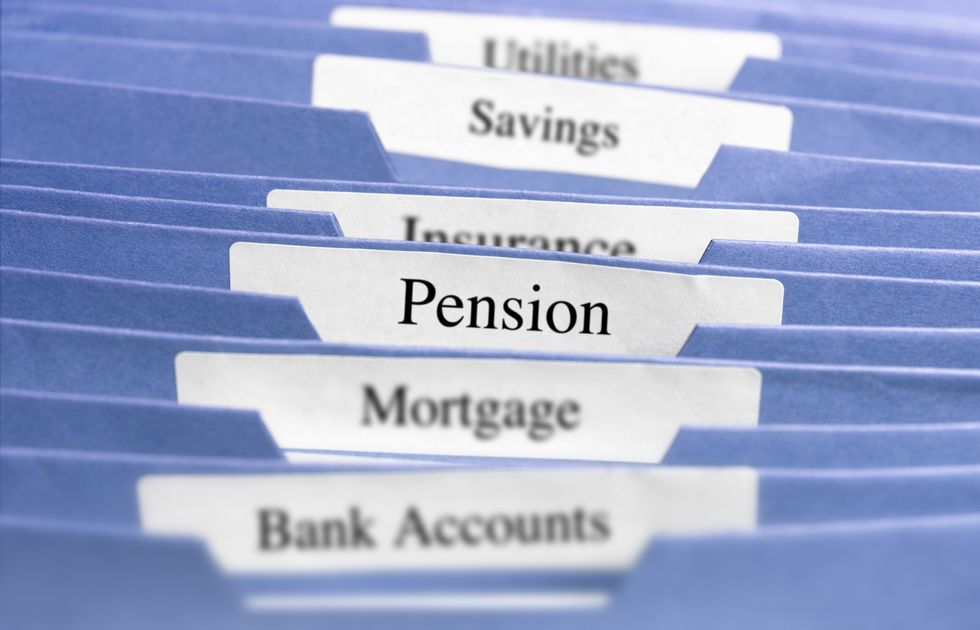
The IFS also proposes enhanced support for vulnerable pensioners, including boosting Universal Credit
| GettyThe IFS also proposes enhanced support for vulnerable pensioners, including boosting Universal Credit for those within one year of state pension age based on low incomes, assets or health conditions.
Housing benefit should increase for pensioners in private rented accommodation, calculated on local rents for at least two-bedroom properties.
Johnson urged the Government to take "decisive action", stating the recommendations provided a "clear and affordable road map" to improve retirement outcomes.
David Gauke, former Conservative Work and Pensions Secretary who chaired the IFS steering group, emphasised the need for consensus: "Pensions need long-term planning and, ideally, a broad consensus. The proposals put forward maintain an important balance between the state, employers and workers."
More From GB News







